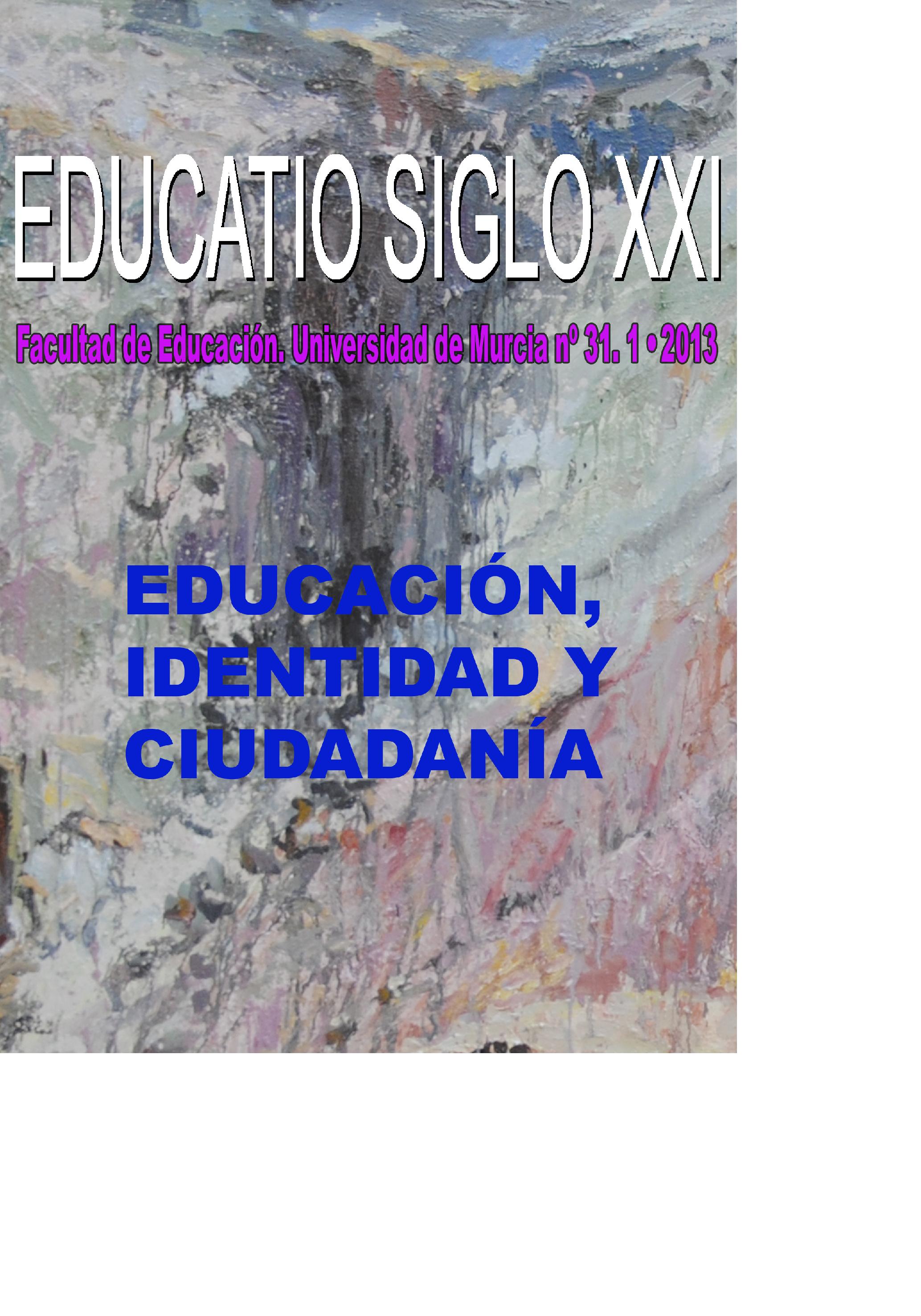Microblogging with Edmodo for the development of key competences of secondary students. A case study
Abstract
This paper presents the results of a study conducted in a school in the province of Toledo (Spain) about the incidence of microblogging school activities through the free social network “Edmodo” on the development of students’ linguistic and digital information processing competences in the second year of Compulsory Secondary Education. Linguistic activity based on digital collaboration, participation and interactivity of students and teachers through short messages on social networks is an essential resource for shaping students’ social and linguistic competences in the virtual world and helping them develop interdisciplinary basic skills. Training students to access online tools for the structuring of information may provide them with the skills required to address the socio-technological context where knowledge is acquired not only by reading and being informed but also by creating and shaping information and ideas in a personal way. Nowadays, organizations like the European Union through the PISA tests are measuring students’ competences in digital reading and, in line with these concerns, the activities presented in this study may be regarded as highly productive to promote students’ comprehensive development.
Downloads
-
Abstract1184
-
PDF (Español (España))545
Original work publishes in this journal is subject to the following terms:
1. Murcia University Press (the publishing house) holds the copyright of the publishes work, and favours and allows their reutilization under the use license stated in point 2.
© Servicio de Publicaciones, Universidad de Murcia, 2015
2. Work is published in the electronic edition under a license (Creative Commons Reconocimiento-NoComercial-SinObraDerivada 4.0 España (legal text). They can be copied, used, disseminated, transmitted and publicly presented, as long as: i) authorship and original publication source is acknowledged (journal, publishing house and URL of the work); ii) are not used for commercial purposes; iii) the existence and specifications of this use license is stated.
3. Conditions for self-archive. Authors are allowed and encouraged to disseminate electronically the pre-pint (before review) and/or post-print (accepted for publication) versions of their work before their publication since that favours earlier circulation and dissemination resulting in an increased chance for the authors to be cited and for the work to reach a bigger share of the academic community. Colour: RoMEO: green.








